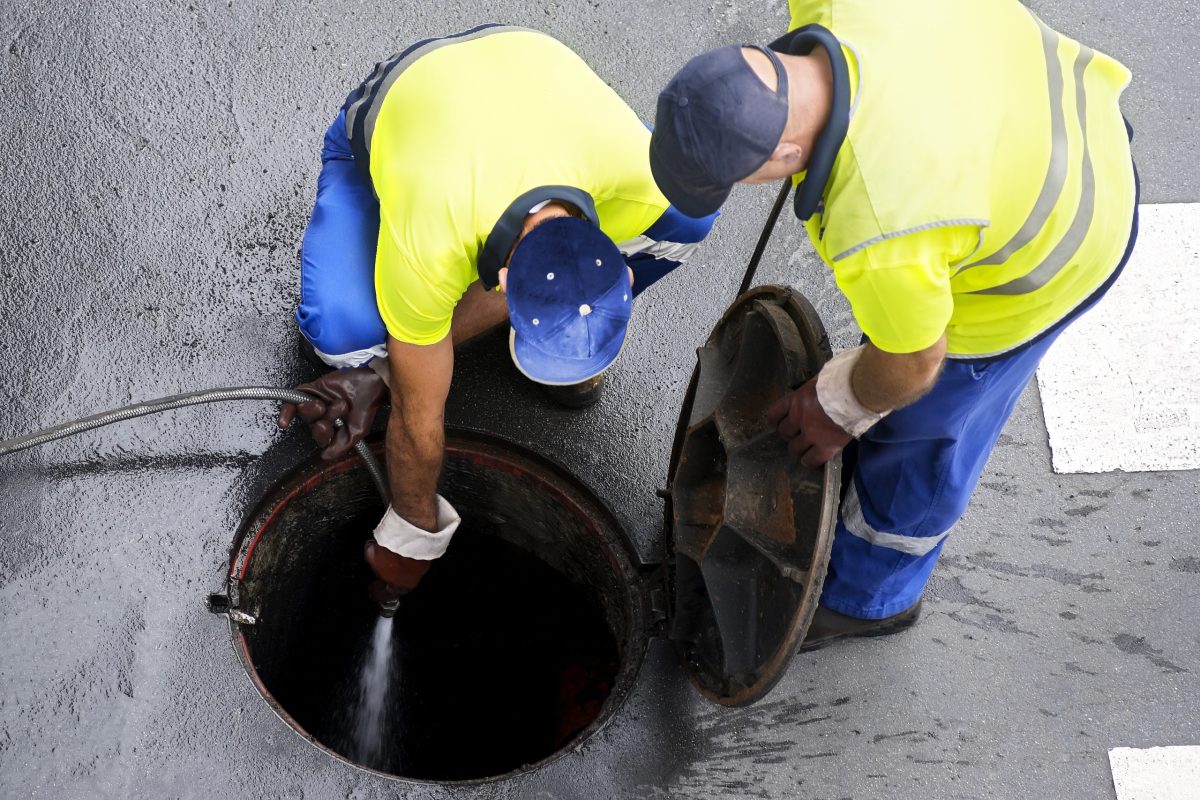- Understand local waste management regulations.
- Sort waste into different categories.
- Reuse and recycle whenever possible.
- Utilize composting to reduce organic matter in landfills.
- Clean sewage and drains regularly.
Home waste management is an important and effective way to reduce your environmental footprint. Everyone produces waste, yet it’s easy to forget the impact that your daily habits can have on the environment. Finding ways to manage and reduce your waste is essential to create a more sustainable lifestyle and help protect the planet. Here are five tips to help you get started on waste management at home.
1. Understand Your City’s Waste Management Regulations
The first step in creating an effective home waste management plan is understanding your city’s regulations. Before disposing of waste, check with your local authorities to determine what materials are accepted and how they should be disposed of. For example, some cities have specific regulations regarding hazardous waste disposal, such as motor oil, paint, or chemicals. It’s important to follow these rules to avoid fines or other penalties.
2. Separating Waste is a Must
Separating your waste into different categories is important for effective home waste management. These include organic and inorganic materials, recyclables, yard trimmings, and hazardous materials. Separating these items makes it easier to know how to dispose of them properly.
Here are some ways to separate waste:
Kitchen Waste
Separating kitchen waste is essential for proper disposal since it will contain various materials, from food scraps and packaging to paper towels, bottles, cans, and more. To effectively sort through your kitchen waste, have a designated container or bag for organic matter, recyclables such as cardboard boxes and plastic containers, and an additional bin for general non-recyclable waste. Remember to avoid mixing different types of waste, as this will make it more difficult to dispose of properly later.
Yard Waste
Yard trimmings such as grass clippings, leaves, and branches should be separated from other household materials since they take up more space. If you have a compost bin, yard waste can be used for composting and mulching. Otherwise, it should be placed in a designated bag or container outside the home and disposed of through your local municipality’s waste collection service.
Recyclables
To encourage recycling, separate recyclables from other materials in your home and place them in a designated container. Common items that can be recycled include aluminum cans, tin cans, plastic containers, cardboard boxes, newspapers, glass bottles and jars, and more. Check with your local municipality for details on what types of recyclables are accepted.
Hazardous Materials
Hazardous materials such as paint, oil, batteries, and cleaning chemicals should never be in the regular trash. These items must be disposed of properly to avoid health and environmental risks. Contact your local municipality for information on safely disposing of hazardous materials.
3. Reuse and Recycle Whenever Possible

Reusing and recycling items is another great way to manage home waste. It helps reduce the amount of trash that needs to be disposed of. Look for ways to reuse products and materials such as glass jars, plastic containers, paper bags, and other durable items. When these items can no longer be used, consider donating them to charity or selling them in a thrift store or online.
Recycling items like aluminum cans, plastic bottles, newspapers, and cardboard can help reduce the amount of waste that goes to landfills. Check with your local recycling center for information on what materials can be recycled in your area. Doing this regularly will help you significantly contribute to effective home waste management.
4. Utilize Composting
Composting your food waste effectively reduces the amount of organic matter in landfills. Composting helps create nutrient-rich soil from kitchen scraps and yard wastes, which can be used for gardening or other outdoor activities. Consider setting up a compost bin in your backyard for easy access to compost material. To get the most out of your compost, rotate the material regularly and keep it moist. This will help speed up the composting process and produce more nutrient-rich soil for your garden. You can check with your local government to see if any composting programs are available in your area.
5. Clean Your Sewage and Drain

Sewage and drain systems are some of the most important parts of home waste management, but they are often neglected during cleaning. Sewage cleanup should be a regular part of your waste management plan to keep your drains clear and prevent clogs from forming. A professional can inspect the pipes and drains, clear any blockages, and thoroughly clean your sewage system. This helps to reduce bacteria buildup and can improve the overall efficiency of your drains.
In Summary
By following these five tips, you can create an effective home waste management plan to help reduce the amount of waste your family produces. You’ll also do your part to reduce pollution and protect your environment. So get started today and make a positive impact on your planet!

